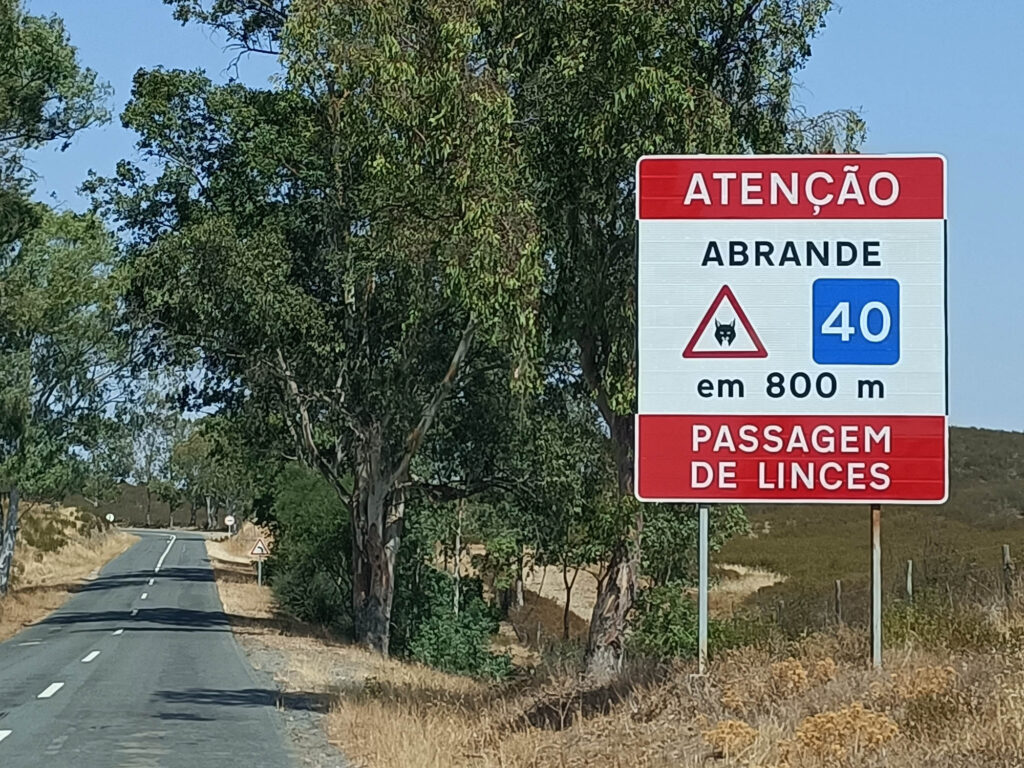The project brings together the Institute for Nature and Forest Conservation (ICNF), Infraestruturas de Portugal (IP) and the Waze mobile application with the same objective: to avoid running over Iberian lynxes. The initiative is already being tested on National Roads (EN)122, 123 and Complementary Itinerary (IC) 27, in Alentejo and Algarve.
In a press release, the ICNF says that «recent tests have consolidated the expectation of implementing a new spatial monitoring system for the population of Iberian lynxes (Lynx pardinus) in Portugal, more sophisticated, with data transmitted almost in real time and more rigorous. ».
With the planned functionalities, the system will make it possible to detect the proximity of Iberian lynxes along several Portuguese roads and alert users of the Waze mobile application.
«The communication process uses a device based on LoRa network technology: radio frequency for long-distance communication, with minimal energy consumption. It is its interconnection with sensors present in the felines' tracking collars that will allow them to be located», explains the ICNF.
Alerts are triggered as soon as animals enter virtual areas of territory 200 meters wide, adjacent to roads, on both sides of the road.
«It is expected that the technological architecture to be prepared will offer a greater degree of protection for Iberian lynxes from the risk of being run over, with the collaboration of motorists. Taking into account that being run over is the main cause of unnatural mortality for lynxes and that these occurrences can also pose a danger to drivers, it is expected that this technology can play a decisive role in reducing these accidents», says the ICNF.
In partnership or autonomously, ICNF uses various technologies and systems, with different degrees of innovation or sophistication, in nature conservation. We can highlight photo-trapping machines, bioacoustic monitoring devices, data processing systems or geographic information systems, which, in particular, allow us to offer various useful services to the country.



















Comments